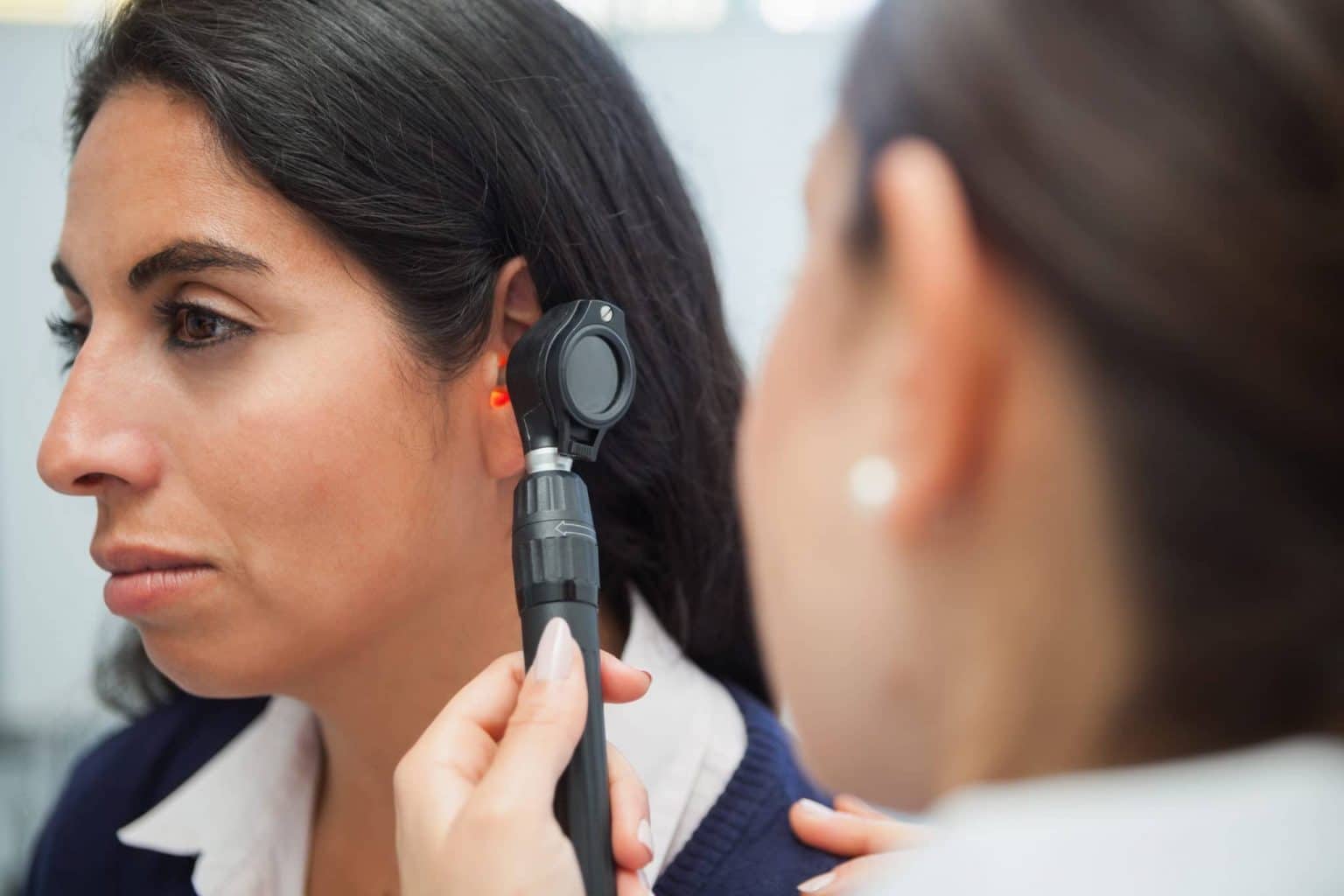An acoustic neuroma is a benign tumor of the cranial nerve that connects the inner ear and the brain. Though noncancerous and typically slow growing, it can affect both hearing and balance, and may cause hearing loss, tinnitus and dizziness. In rare cases, tumors may become large enough to press against the brain, interfering with vital processes and even leading to death.
What Causes an Acoustic Neuroma?
A small percentage of acoustic neuromas are the result of an inherited disorder called neurofibromatosis type II (NF2), associated with a malfunctioning gene on chromosome 22. This genetic disorder often causes benign tumors to develop on the balance nerves on both sides of the head. More often than not, acoustic neuromas are classified as idiopathic, meaning their exact cause is unknown. There is some evidence of a connection between exposure to low-dose radiation of the head and neck during childhood, and the development of acoustic neuromas.
There are no known risk factors for acoustic neuromas other than having a parent with NF2. If this is the case, children have a 50% chance of inheriting the condition themselves.
Acoustic Neuroma Symptoms

Acoustic neuromas, sometimes called vestibular schwannomas, usually grow very slowly (or not at all). Because of this, symptoms early on are often difficult to spot. You may experience:
- Gradual hearing loss, usually affecting one ear (although, in some cases, hearing loss may be sudden)
- Tinnitus, or ringing in the ear, on one side
- Dizziness, clumsiness, or loss of balance
If the tumor continues to grow, additional symptoms are likely to develop. These include:
- Facial numbness or weakness
- Tingling sensation in the face
- Changes in the taste of food
- Hoarseness
- Difficulty swallowing or hoarseness
- Headaches
- Confusion
Early diagnosis and treatment can help prevent more serious symptoms.
Diagnosing and Treating Acoustic Neuromas

Your otologist/neurotologist will be able to discuss the different treatment options available. Surgery may be an option for tumors that are growing or causing symptoms. Gamma Knife Radiosurgery delivers precise radiation without the need for an incision, and can be an effective treatment depending on the size and location of the tumor. More invasive surgery may be required, especially if the tumor is growing close to the brain or facial nerve. The Rocky Mountain Ear Center’s professionals will be able to provide comprehensive care to not only acoustic neuromas but other issues involving the lateral skull base.
